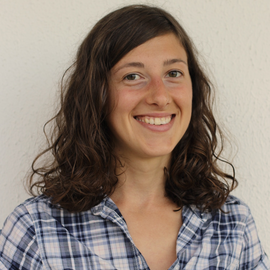Abstract
Hypergraphs, describing networks where interactions take place among any number of units, are a natural tool to model many real-world social and biological systems. In this work we propose a principled framework to model the organization of higher-order data. Our approach recovers community structure with accuracy exceeding that of currently available state-of-the-art algorithms, as tested in synthetic benchmarks with both hard and overlapping ground-truth partitions. Our model is flexible and does not impose restrictive assumptions encountered in previous works, allowing to capture unexplored mesoscale configurations, such as disassortative community structure. Moreover, our method scales orders of magnitude faster than competing algorithms, making it suitable for the analysis of very large hypergraphs, containing millions of nodes and interactions among thousands of nodes. Our work constitutes a practical and general tool for hypergraph analysis, broadening our understanding of the organization of real-world higher-order systems.
Publication
Science Advances, Vol 9, Issue 28

PhD student
My research interests include, but are not limited to, Probabilistic Learning and Network Science, as well as connected fields. In particular, I aim at understanding how current probabilistic models can be improved upon, both on a representation and training level. I am also fascinated by how different ideas and concepts from within and outside ML interpolate in interesting and novel developments. Therefore, I strive to keep a broader view on theoretical and practical insights originating from different fields.

PhD student
My research focuses on the analysis of network data using statistical tools. My background is in Theoretical and Applied Statistics and I am interested in discovering new techniques, approaches and perspectives used in the analysis of data. I have been working on a project focused on modeling covariate information in community detection algorithms and I am involved in investigating the conditional independence assumption, underlying the statistical inference on network data.

Associate Professor
My research focuses on understanding, optimizing and predicting relations between the microscopic and macroscopic properties of complex large-scale interacting systems.